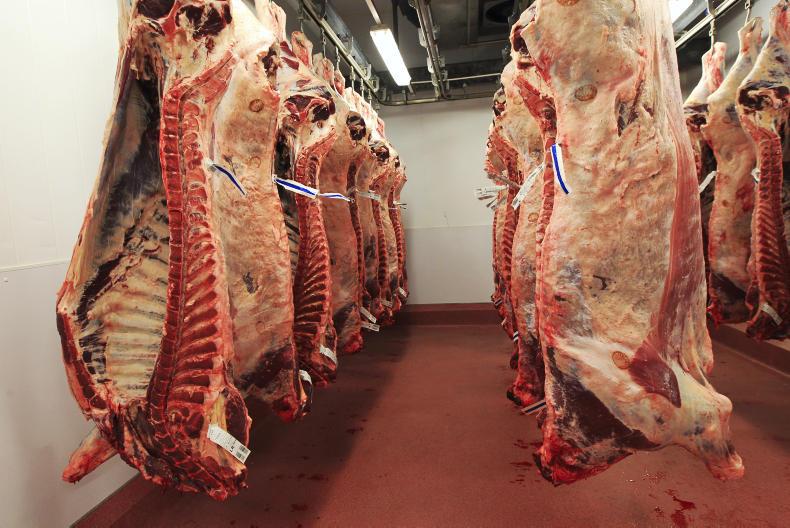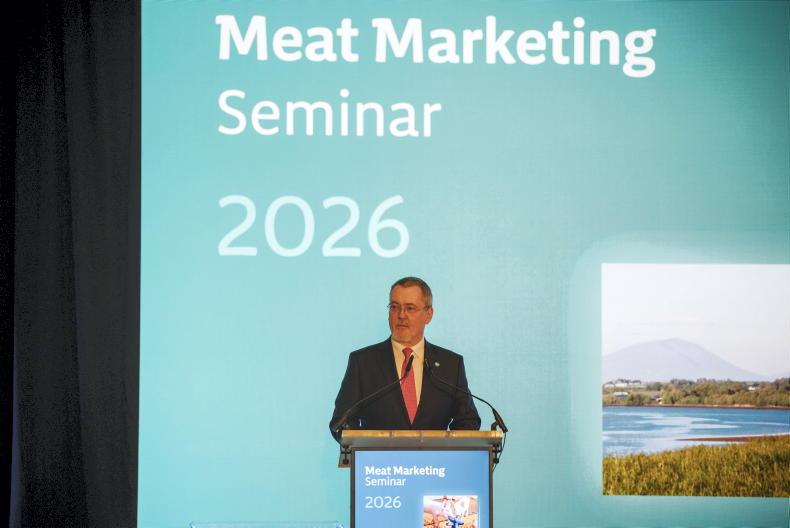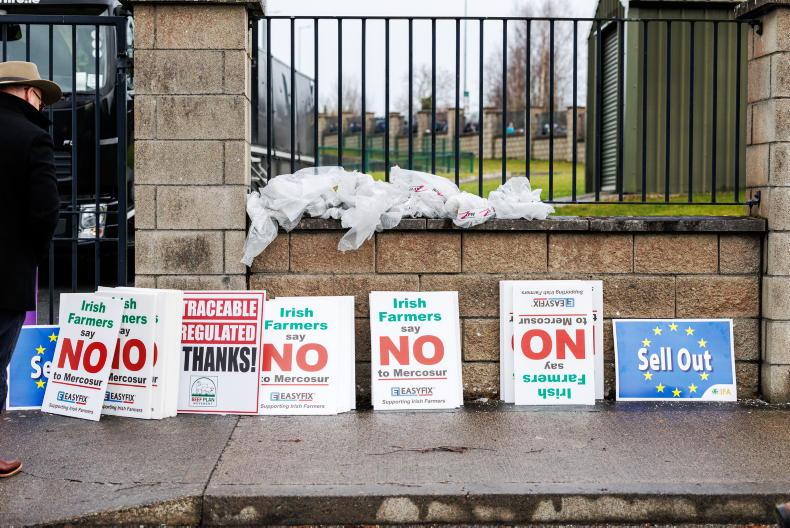Self-sufficiency figures for food in the UK have continued near record low levels at just 60%. Latest data from the Department for Environment, Food & Rural Affairs (Defra) has shown stagnation in food production.
The National Farmers Union (NFU) president Minette Batter has urged the Government to put food security at the top of the political agenda as the Brexit date of 19 March grows closer.
Batters said self-sufficiency was an important measure of a nation’s ability to feed itself but with Brexit just eight months away it shone new light on the supply of UK food.
She continued to say: “British food production has been pulled into sharp focus in recent weeks with farmers across the country wrangling with the impacts of unprecedented dry and hot weather.”
Decline
Yesterday, 7 August, marked the date the UK would have run out of food if the country were to feed itself on British food alone. In 1991, self-sufficiency was as high as 75% but that declined to reach a record low of just under 58.5%.
“The statistics show a concerning long-term decline in the UK’s self-sufficiency in food and there is a lot of potential for this to be reversed. And while we recognise the need for importing food which can only be produced in different climates, if we maximise on the food that we can produce well in the UK then that will deliver a whole host of economic, social and environmental benefits to the country,” she concluded.
Currently, Ireland sends 37% of all its agri-food exports to the UK.
Read more
Food supply chains very exposed to Brexit risks – Bord Bia
Brexit risks spark sterling rate volatility
Self-sufficiency figures for food in the UK have continued near record low levels at just 60%. Latest data from the Department for Environment, Food & Rural Affairs (Defra) has shown stagnation in food production.
The National Farmers Union (NFU) president Minette Batter has urged the Government to put food security at the top of the political agenda as the Brexit date of 19 March grows closer.
Batters said self-sufficiency was an important measure of a nation’s ability to feed itself but with Brexit just eight months away it shone new light on the supply of UK food.
She continued to say: “British food production has been pulled into sharp focus in recent weeks with farmers across the country wrangling with the impacts of unprecedented dry and hot weather.”
Decline
Yesterday, 7 August, marked the date the UK would have run out of food if the country were to feed itself on British food alone. In 1991, self-sufficiency was as high as 75% but that declined to reach a record low of just under 58.5%.
“The statistics show a concerning long-term decline in the UK’s self-sufficiency in food and there is a lot of potential for this to be reversed. And while we recognise the need for importing food which can only be produced in different climates, if we maximise on the food that we can produce well in the UK then that will deliver a whole host of economic, social and environmental benefits to the country,” she concluded.
Currently, Ireland sends 37% of all its agri-food exports to the UK.
Read more
Food supply chains very exposed to Brexit risks – Bord Bia
Brexit risks spark sterling rate volatility









SHARING OPTIONS